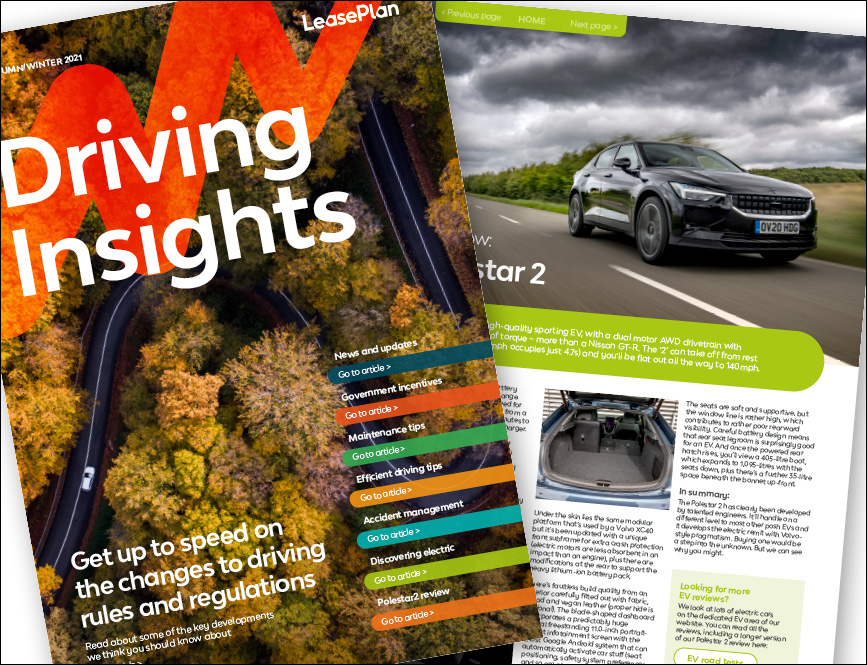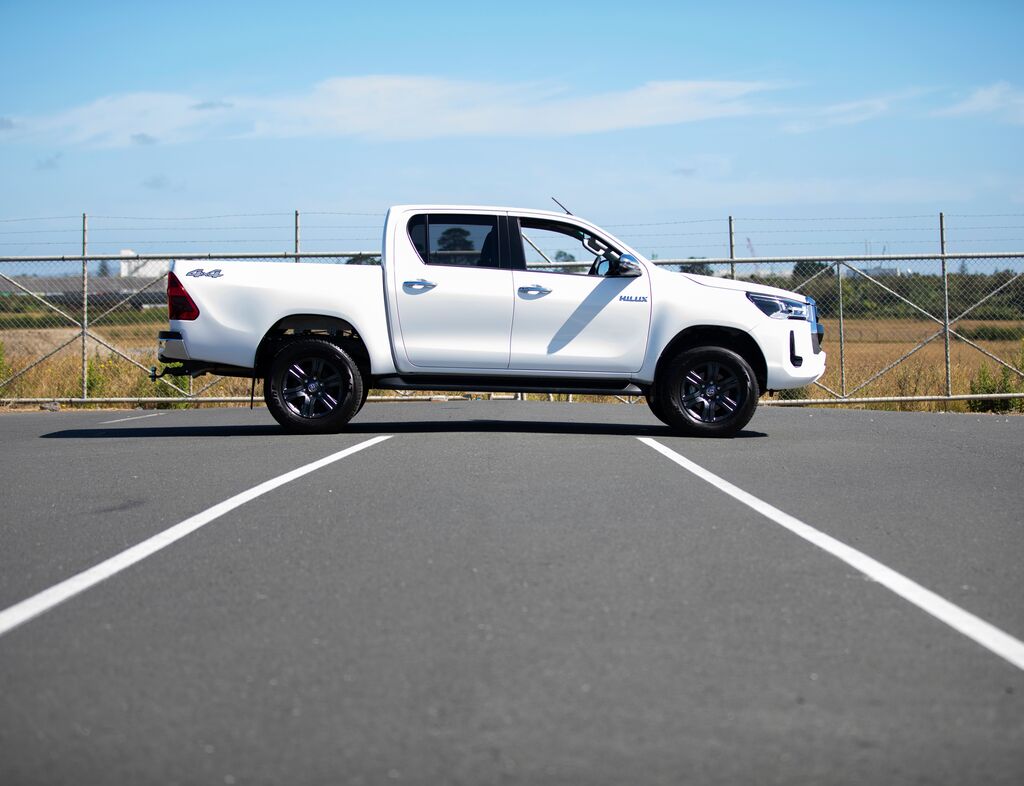Taking less money home from work may not sound all that appealing, but there are circumstances in which less can be more. One of these is salary sacrifice schemes. Initially offered mainly for pensions and childcare, these now cover a wide range of non-cash benefits. They have grown in popularity and are becoming a common option provided by employers. And they now include cars.
Advantages of salary sacrifice for employees and employers
Salary sacrifice schemes offer clear advantages to many employees, depending on their circumstances. Certain benefits, such as childcare vouchers and pension plans, can be paid for out of pre-tax income, yielding big savings. But even for other items, there are significant savings to made.
Employees can benefit from their employer’s greater buying power, which means that they can often get more for their money than they would privately. They also do not have to pay employees National Insurance Contributions on the salary they sacrifice.
For employers, meanwhile, salary sacrifice schemes can be a good way to attract, motivate and retain the best staff.
What’s a salary sacrifice car scheme?
One of the big-ticket items to consider is a salary sacrifice car scheme. Employees can lease a brand-new car using the proceeds of the wages they’re giving up. And they can save money while they do so.
Companies generally have greater buying power than individuals, as well as access to manufacturer discounts that are not available to private buyers. Company car schemes therefore typically enable employees to afford much better cars than they would otherwise be able to obtain.
What’s more, with most salary sacrifice for car schemes, a single monthly payment covers everything except the fuel. There’s no need to worry about other running costs, maintenance or breakdown and repair charges.
Our ebook guide contains all the information you need to know about the salary sacrifice scheme that LeasePlan runs: SalaryPlan.
Extra savings when you choose a ULEV
Ultra-low emission vehicles (ULEVs) were exempt from the Government’s recent changes to the tax treatment of salary sacrifice schemes. Employees who get a ULEV through salary sacrifice only have to pay Company Car Tax on the taxable value of the car, rather than Income Tax on the higher of the car’s value or the salary sacrificed.
Things to think about when considering salary sacrifice
If these savings and other benefits sound appealing, there are a few more things to chew on before you break down your boss’s door.
One point worth considering is whether a salary sacrifice might substantially alter your tax situation; by taking you into a lower bracket, for example, or by altering your entitlement to tax credits or child benefit.
This is an area where you need to do your homework carefully. But there may be the potential for quite substantial savings – particularly if you choose a ULEV and have found yourself dragged into a higher tax bracket in recent years, but are still relatively close to the threshold.
Drawbacks of salary sacrifice
Since salary sacrifice involves a pay cut, these schemes won’t suit everyone. It’s important to check whether a reduction in your overall pay might affect, for example: the level of maternity pay you get, any life cover offered through your job, or a salary-based redundancy settlement. Another restriction is that no employer can offer a salary sacrifice scheme that takes an employee below minimum wage.
You may be able to get advice on whether you’d be better off from the Money Advice Service. HM Revenue and Customs also offers advice on how schemes affect your PAYE.
For more information on company car schemes funded by salary sacrifice get in touch with our expert team.




